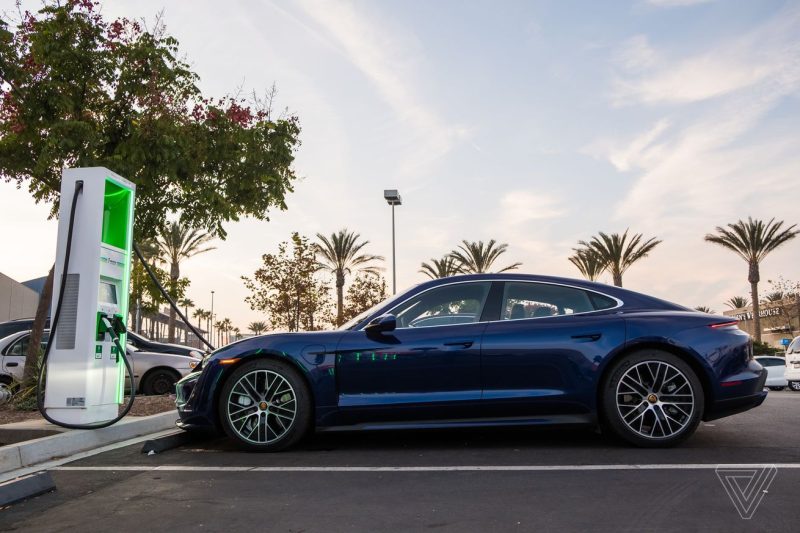Porsche’s Decision to Hold onto Gas Cars: A Strategic Move
Porsche, renowned for its luxury sports cars and innovative engineering, has announced its decision to continue producing internal combustion engine (ICE) vehicles alongside their growing lineup of electric models. This strategic move by the iconic German automaker reflects a careful balance between catering to existing customers while progressing toward a more sustainable future.
With the automotive industry shifting toward electrification, many automakers have set ambitious targets to phase out traditional gas-powered vehicles in favor of electric models. However, Porsche’s approach stands out as a deliberate effort to maintain a diverse portfolio while responding to market demands and regulatory changes.
The decision to hold onto gas cars for a bit longer aligns with Porsche’s commitment to providing options for a wide range of customers, including those who prefer the performance and heritage of traditional ICE vehicles. By keeping some gas models in production, Porsche can continue to serve enthusiasts who value the visceral experience and distinct sound of a combustion engine, aspects that have defined the brand’s identity for decades.
Furthermore, Porsche’s ongoing investment in ICE technology underscores its dedication to optimizing the efficiency and performance of internal combustion engines. With advancements in engineering and materials, Porsche can enhance the power output and environmental impact of its gas-powered models, ensuring that they remain competitive in an evolving market.
In addition to catering to consumer preferences, Porsche’s decision to retain gas cars also has practical reasons. The infrastructure for electric vehicles (EVs), such as charging stations and battery recycling facilities, is still developing in many regions. By offering a mix of gas and electric models, Porsche can navigate the transition to a more sustainable future while ensuring that customers have reliable options for their driving needs.
Moreover, the revenue generated from gas-powered vehicles can support Porsche’s continued research and development in electric mobility. By maintaining a profitable business with ICE models, Porsche can fund investments in cutting-edge electric technologies, enabling the brand to stay at the forefront of innovation and sustainability in the automotive industry.
While Porsche’s commitment to gas cars may seem like a temporary measure, it reflects a thoughtful and strategic approach to managing the complex transition to electrification. By balancing tradition with innovation, Porsche is positioning itself as a forward-thinking automaker that values its heritage while embracing the challenges and opportunities of a rapidly evolving industry.
In conclusion, Porsche’s decision to hold onto gas cars for a bit longer is a testament to its adaptability and foresight in navigating the shifting landscape of the automotive market. By maintaining a diverse product portfolio and prioritizing consumer choice, Porsche is well-positioned to meet the needs of a changing world while staying true to its legacy of performance and craftsmanship.

